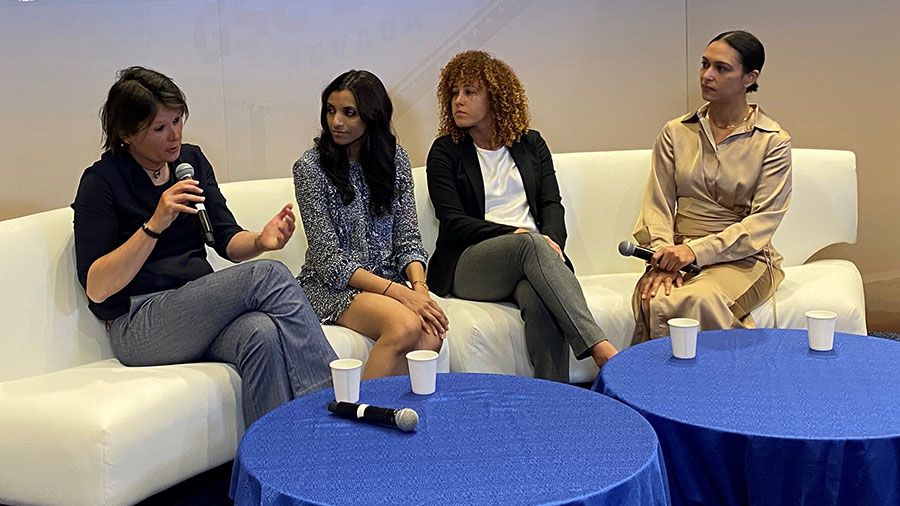The value of allyship: showing up, standing up, and leaving your comfort zone

Allyship across the AO
Allyship plays an integral role in the AO Access effort to implement dedicated programs, policies, and organizational structures that reflect a diverse and inclusive global community of health care professionals including mentoring to make the AO the most productive, innovative, and sustainable learning community for the benefit of our patients.
Regional leaders from across the AO sat down together earlier this year to share their experiences with championing women and other underrepresented groups.
“When you give opportunities for people to shine, it’s amazing the things you can achieve. We have a unique position to bring opportunities to people. It could be people in developing countries or any minority,” said AO Spine Latin America Chairperson Juan Emmerich, noting that he tries to be an effective ally by—for example—intervening when he hears people use discriminatory language.
Carolin Melcher, a German orthopedic spine surgeon, AO Spine faculty member, and AO Access mentee, said she tries to extend opportunities for engagement to both men and women.
“Sometimes I went to conferences and I was the only woman. You find yourself wanting to be part of the group,” she said. “At my institution, I try to include everybody who is interested, and ask them if they’re interested, because sometimes women in orthopedic surgery tend to be shy about asking whether they could be part of something. It’s only due to history that there are not more women in spine surgery and that all the names in the books we read are men’s names—and I hope it’s not going to be this way forever.
Amit Jain, spine surgeon at Johns Hopkins Medicine (Maryland, United States) and a member of the AO Spine Knowledge Forum Degenerative Steering Committee, believes diversity is a strength that ultimately benefits surgeons’ diverse patient populations. He states, “The world needs to be represented in our organization, in our surgeon mix, and in how we take care of people.”
AO Access to success
Authors, allyship/mentoring experts, and researchers David G Smith and W Brad Johnson—coauthors of the Harvard Business Review “Be A Better Ally” article—told the AO Access to success podcast that meaningful allyship entails showing up for underrepresented colleagues on interpersonal, public, and systemic levels.
Allies can make a big difference, for example, when it comes to addressing the inequities faced by women in the workplace, according to Smith, an associate professor in the Johns Hopkins University Carey Business School and the author of numerous journal articles and book chapters, many on the topic of gender and women in the workplace.
“It’s really clear that even today, in 2022, women just don’t have the same opportunities and access and the same level of representation in the senior leadership rank,” he explained. “Even pay equity is still an issue today.”
One particular hurdle to achieving change is that advantaged groups may view allyship as an issue of disadvantaged groups. Smith cited the challenge of men viewing allyship as a women’s or gender issue, declining to engage, or understanding that they can make a difference. He said reframing allyship as a leadership issue casts allyship in a different light which is a hallmark of the AO Access process.

